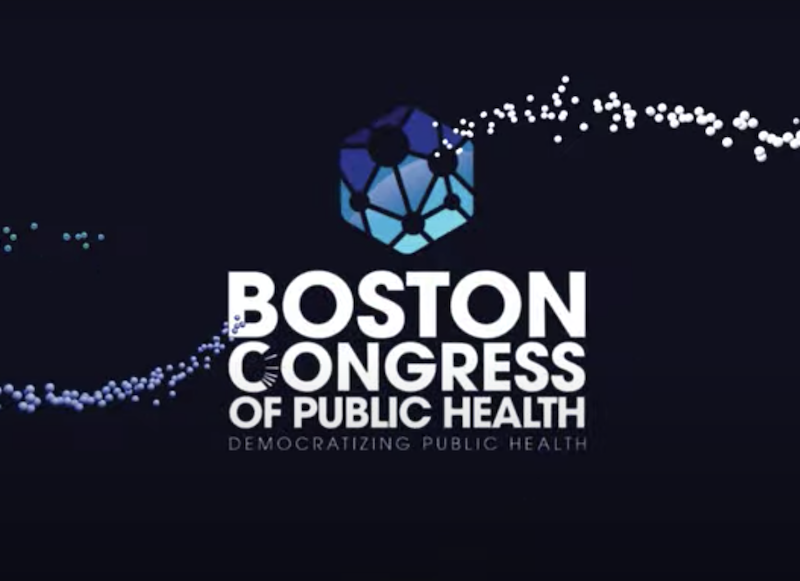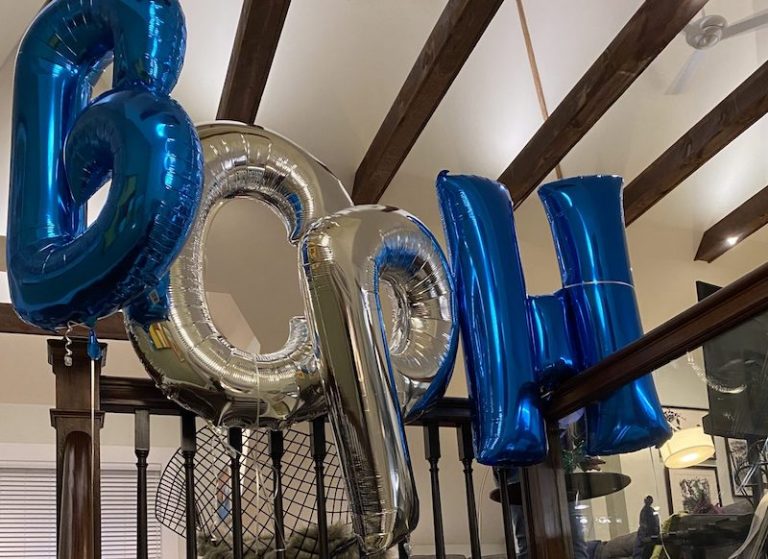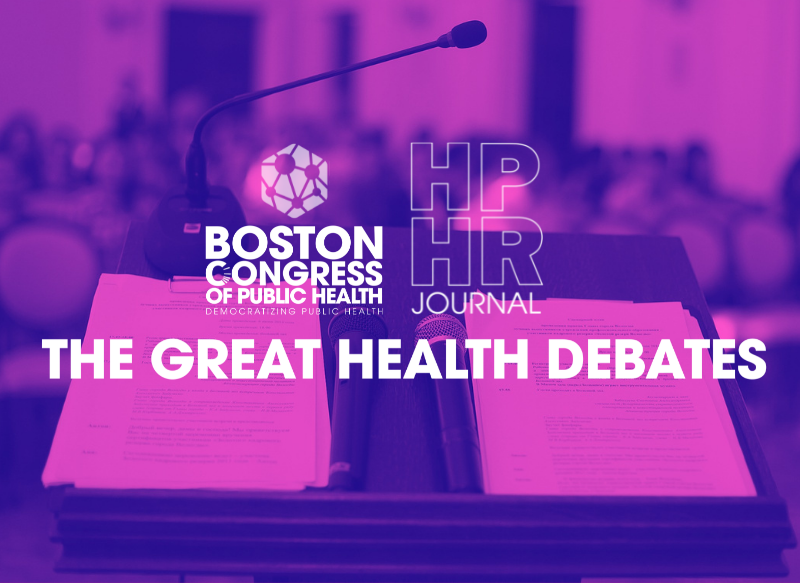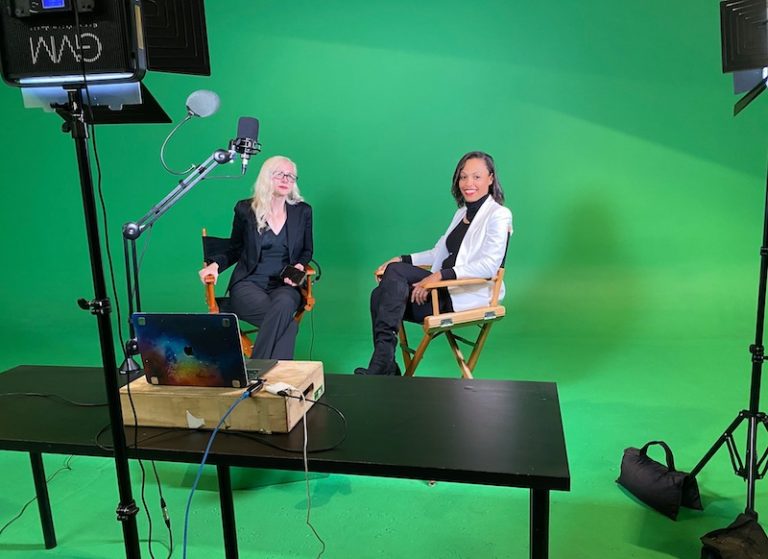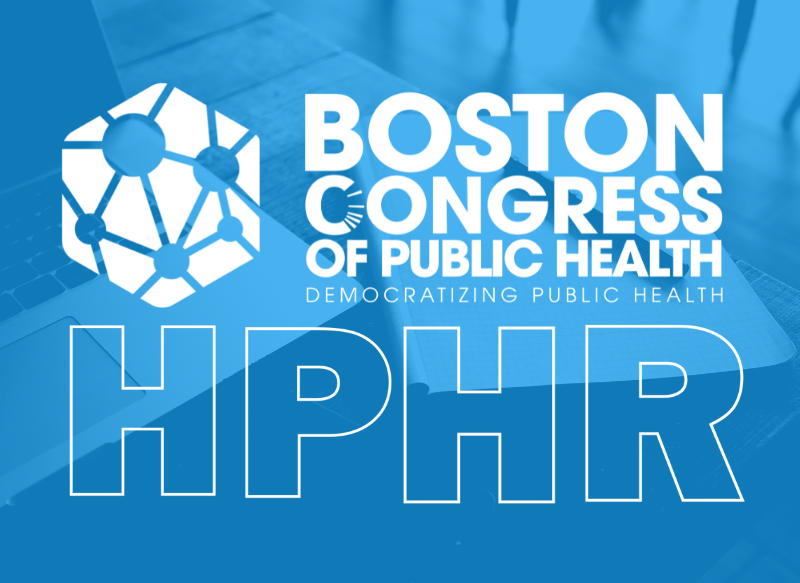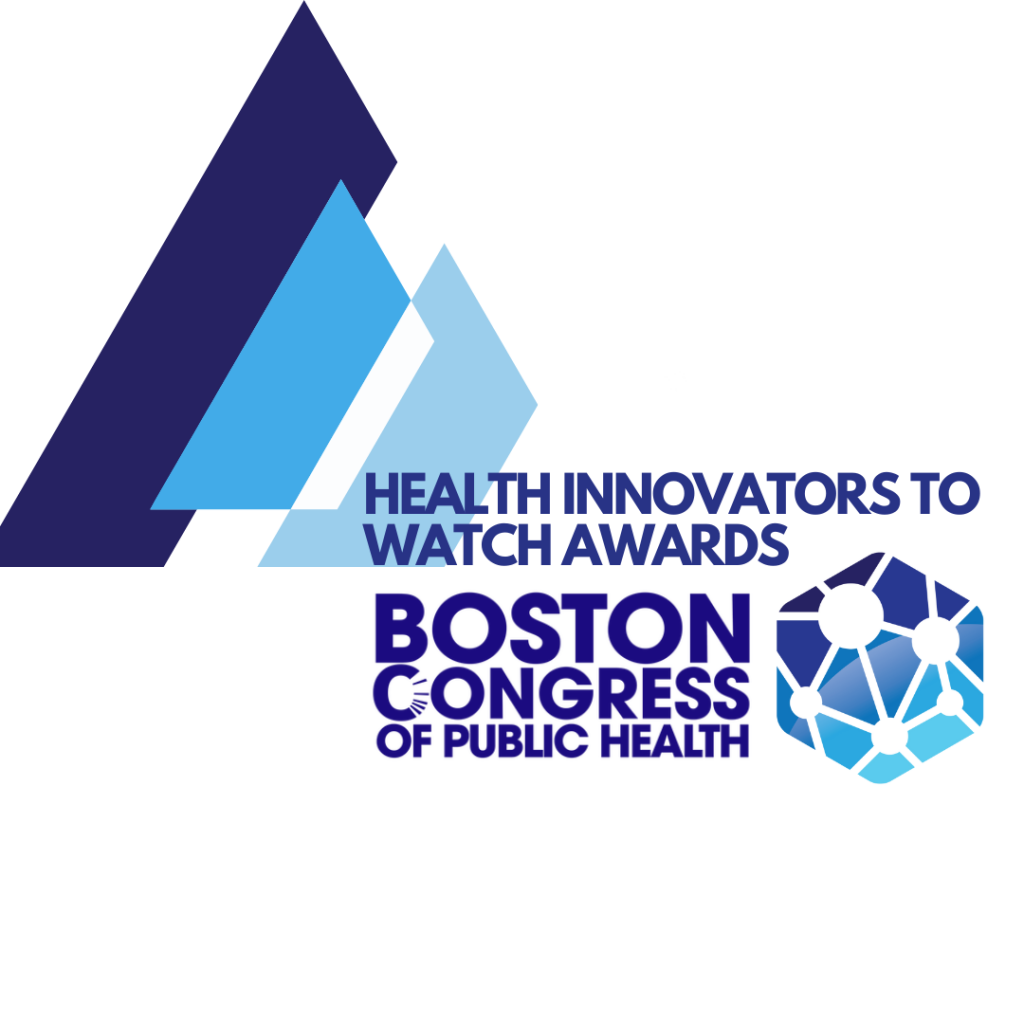
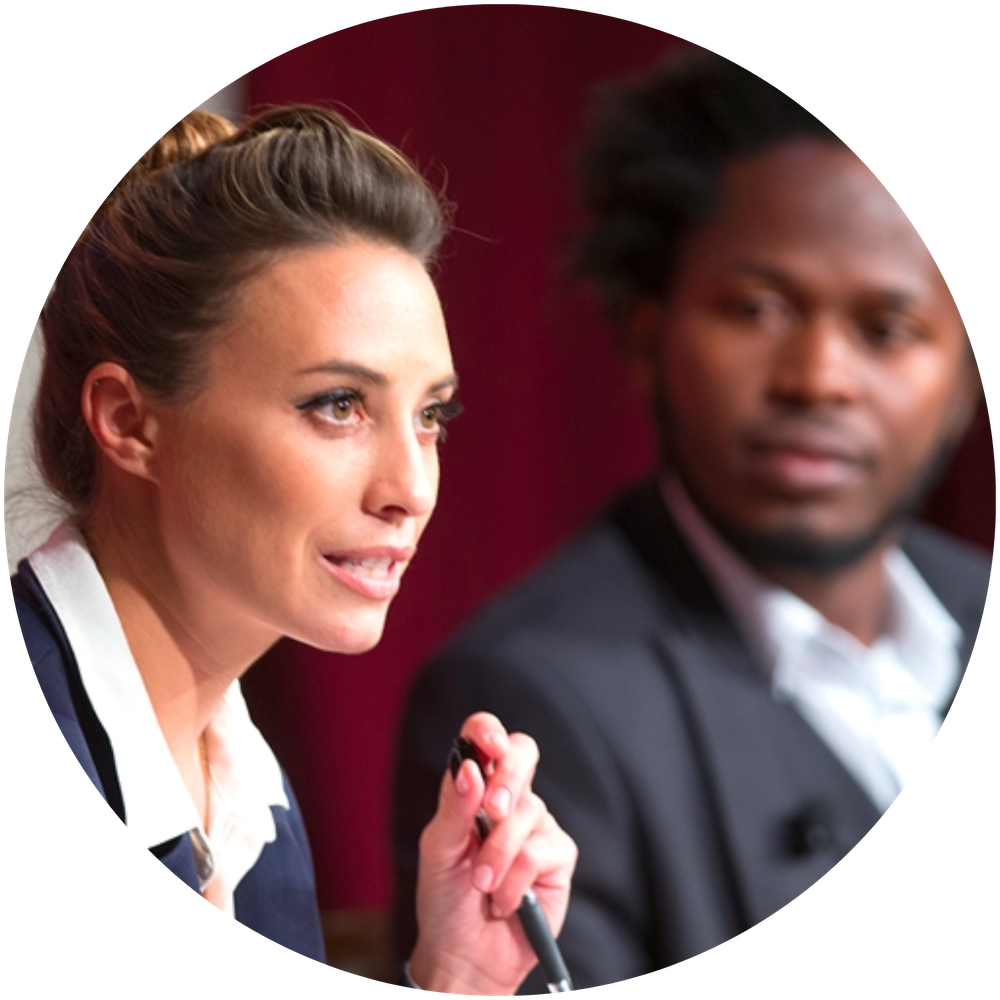
Dr. Jocelyn Kelly is the Director for Harvard Humanitarian Initiative’s (HHI) Gender, Rights and Resilience (GR2) program, where she designs and implements projects to examine issues relating to gender, peace, and security in conflict-affected and climate-fragile environments. Dr. Kelly has been conducting health-related research using qualitative and quantitative research methods for over a decade in national and international settings. She has given briefings related to gender and security to the United Nations Security Council, the U.S. State Department, USAID, the World Bank, OFDA, the Woodrow Wilson Center, and the U.S. Institute of Peace.
Dr. Kelly’s work focuses on understanding and preventing gender-based violence and human trafficking in complex crises, with an emphasis on specially examining mechanisms for resilience in these settings. Her research also focuses on understanding the attitudes and experiences of rebels perpetrating violence to understand how best to prevent it. Dr. Kelly was awarded the Paula Kantor Award for Excellence in Field Research from the International Center for Research on Women (ICRW) in 2019. She was first author on a publication voted one of the “most influential articles of 2016” by the peer-reviewed journal Conflict and Health. Dr. Kelly’s work has been profiled on NPR in Nicholas Kristof’s “On the Ground” blog and on NPR. Prior to joining HHI, Dr. Kelly worked as an Emergency Management Specialist in Hurricane Katrina-affected areas and acted as a liaison to the FEMA Public Assistance Chief in Louisiana. Her international work has focused on understanding the health needs of vulnerable populations in Eastern and Central Africa and has included working with Uganda Human Rights commission to launch the first office in Africa promoting the Right to Health.
Her current research interests include: promoting and measuring GBV risk mitigation in humanitarian emergencies; understanding the continuum of GBV before during and after humanitarian crisis; and measuring and promoting social cohesion and community resilience as a pathway to reducing violence; and understanding the gendered dimensions of climate change.
Personal Statement
In my project, I work to improve health outcomes for vulnerable women affected by the twin challenges of violence against women and climate change. To address these issues, I collaborated with Congolese activist Annie Mwange in conflict-affected eastern Democratic Republic of the Congo (DRC) to create an innovative women-led program that to reduce violence against women in climate-fragile communities. The “Resource-ful Empowerment” curriculum resulted from this partnership – it is an approach that uses a free, grassroots approach to improve human rights, gender equity and climate justice in some of the world’s most climate-fragile communities. A unique aspect of this project is that we partnered with a female Congolese artist to bring this work to life. The curriculum uses vignettes and images to ensure that all people participating in the intervention – including those who may not be literate – can benefit equally from the messages conveyed in this project. The use of comic-book style images is innovative and helps enrich beneficiaries’ understanding of the materials in an accessible and equitable way. Images from this intervention can be found at the website: https://www.resource-fulempowerment.com.
When the COVID crisis hit, the project paused in-person work to comply with social distancing mandates. However, the project team leveraged that time to incorporate messaging about the COVID crisis and prevention measures into its messaging. When activities resumed, the trainers became focal points for local and traditional leadership to be able to spread important information about the pandemic to remote and often neglected communities.
In the pilot of this intervention, 720 people across 9 communities stayed engaged throughout the year and became champions for equitable environmental change. We had 75% retention, even during a time of significant upheaval due to COVID. By the final session, participants showed positive changes across key indicators both relating to the protection of the environment and gender equity. Over the course of the project, the communities who participated experienced tangible and concrete changes for the better.
Agreement among men and women that women deserve equal pay increased from 49% to 64%. Measures of gender equity in communities significantly increase. And, perhaps most notably, sexual harassment decreased by 52% in communities where the curriculum was implemented.
The overlap of climate change, political conflict and gender inequity are three of the most pressing challenges of our time. My work at the intersection of these issues has helped influence the field, both in academic and policy circles. I’ve been invited to speak at events by IUCN, USAID and United States Institute of Peace to speak to this research. This year, I was invited to be a part of an expert working group on Expert Group Meeting on Climate Change and violence against women hosted by the UN Special Rapporteur on violence against women and UN Women.
My projects have also highlighted how the climate crisis has implications for forced migration globally. Last year, my work was cited as part of the UN Secretary General High Level Panel’s report on Internal Displacement, “Shining a light on Internal Displacement.” I’m so pleased to be a part of this great cohort of innovators.
Honorees selected for the Health Innovators to Watch Awards come from across the globe, representing health and healthcare innovation in traditional public health fields, research, academia, architecture, and more. In addition, innovators are intentionally diverse in backgrounds, from public health founders and co-founders, inventors, national and international leaders, directors, researchers, academicians, and curriculum developers
